Google: Tensor is made to support useful AI features, not win benchmark battles

There is a tendency among phone enthusiasts and yes, even us in the media, to make too big a deal about benchmark scores as though they were points on a scoreboard indicating a winner and a loser. As a result, those using the Pixel 6 or Pixel 7 series phones are made to feel that the chipset inside their handsets, the Google Tensor and Tensor 2 respectively, are not good because they are outscored by the latest Snapdragon or A-series chip.
As noted by 9to5Google, the latest episode of the Made by Google podcast featured Monika Gupta, Google's senior director of product management for Google Silicon. According to Gupta, her team meets with Google's AI researchers to "know exactly where machine learning models are trending in five years."
Google doesn't design the Tensor chip to win benchmark battles. It has a more consumer-friendly goal
When it comes to benchmarks, Gupta says, "I think classical benchmarks served a purpose at some moment in time, but I think the industry has evolved since then. And if you look at what Google is trying to do by pushing AI innovations into a smartphone, because we feel like this is the approach that will deliver helpful experiences like some of the ones I just mentioned, classical benchmarks were authored in a time where AI and phones didn’t even exist."
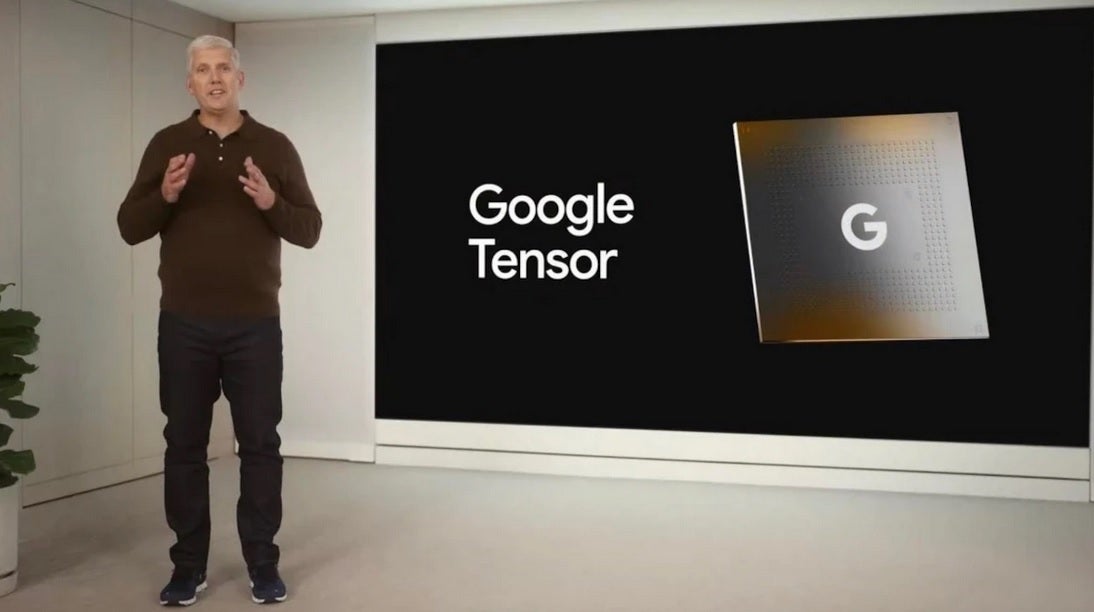
Google's Ric Osterloh introduces the first generation Google Tensor in 2021
In other words, the Googler is saying that the useful features on the Pixel that rely on the Artificial Intelligence capabilities of the Tensor chip are more important than scoring the highest on a benchmark test. Talking about such tests, Gupta adds, "They may tell some story, but we don’t feel like they tell the complete story. And so for us what we benchmark are the actual software workloads that we are running on our chip and then we strive with every generation of Tensor chip to make them better, whether it’s better quality, better performance, lower power."
Over the last couple of years, Google has equipped its Pixel phones with features like the Magic Eraser, which eliminates unwanted people and items from a photograph. Camouflage will change the color of an item that stands out like a sore thumb in the background of a photo. The new color will blend in with the background to make the item less noticeable so that attention can be focused on the subject of the picture.
Google's Photo Unblur (on the Pixel 7 line only) repairs blurry and poorly shot pictures and makes them look fantastic. Other AI features include Clear Calling which uses AI to eliminate ambient noises during a phone call.
When it comes to AI, Google makes decisions based on the user experience five years from now
Remember the famous and iconic comment made by hockey great Wayne Gretzky who said, "I skate to where the puck is going to be, not where it has been." Gupta indicates that Google does the same thing about Artificial Intelligence. On the podcast, he says, "I’m not making decisions based on where machine learning is today, and I can say that because I work at Google. Same with the software that our software team is doing. I know where the software team wants to take the user experiences five years from now."
He adds that this is possible at Google because they are designing the chip, not buying one off the shelf. Gupta states, "That’s the benefit of not being a merchant silicon supplier, but an in-house silicon supplier. So those trade-off decisions are very tough, but I think they get a little easier when you’re vertically integrated."
So yeah, you're not likely to see the Google Tensor chips win any benchmark battles against the silicon used on other Android flagships and the latest iPhone model. But for Google, designing the Tensor means figuring out where AI is going in the future and how it can be used to offer useful and helpful features for Pixel buyers.


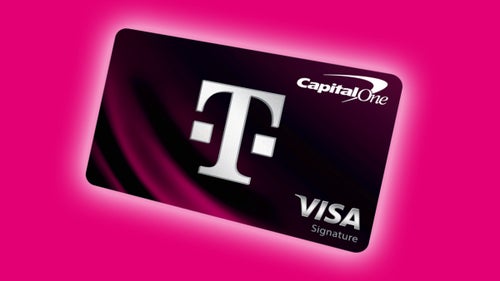

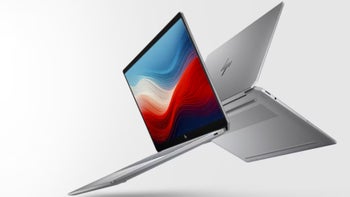
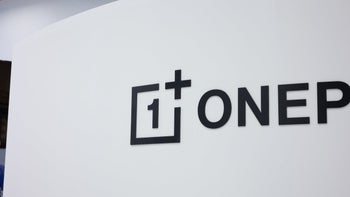


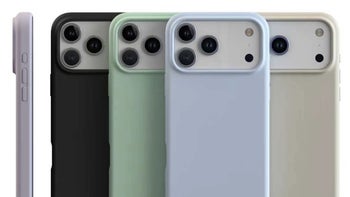
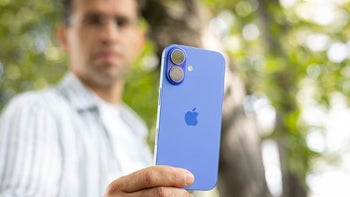
Things that are NOT allowed: